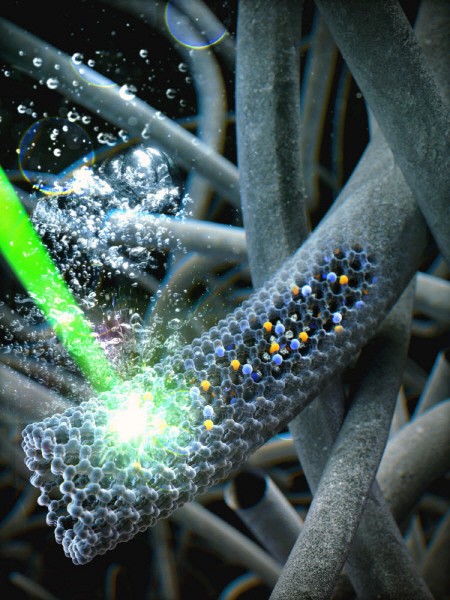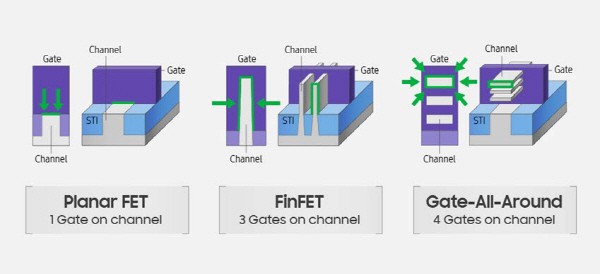
KORBON is to develop a single-walled carbon nanotube which is an essential material for next-generation semiconductor processing. Samsung Electronics held hands with TSMC to push the mass-produce of 3-nano semiconductors as the importance of energy efficient materials is rising.
KORBON is developing SWCNTs that have semiconductor properties with the aim of replacing silicon, which is an essential material for 3-nano semiconductor processing. KORBON is also expected to cooperate with U.S. semiconductor company IBM
SWCNT is attracting attention as a semiconductor nano process channel material. Channels are elements that allow current to flow, and when making semiconductors through a 3-nano fine process, silicon is added to facilitate current flow. However, materials with more current than silicon are also being developed. There are other ways such as increasing the proportion of silicon or using non-silicon materials like germanium.
Samsung Electronics is planning to apply silicon as a gate all-around (GAA) channel material to implement a 3-nano fine process. Overseas, TSMC declared the implementation of a 3-nano process, and Purdue University in the U.S. announced that it would use not only silicon but also other materials at the same time while using the GAA structure for the 3-nano process.


Semiconductor companies are making material changes to nano processes to increase power efficiency. Currently, CNT is attracting attention as a material to replace silicon, but it is difficult to mass-produce semiconductor CNTs.
KORBON is planning to mass-produce semiconductor CNT materials based on SWCNT processing methods, which has the best performance among CNT materials. KORBON is the only SWCNT company in Korea.
Metal components are removed from SWCNTs with semiconductor properties and metal properties, and pure semiconductor SWCNTs are being developed. The target schedule for mass production of the product has not been confirmed. It is known that KORBON plans to strengthen SWCNT development by changing the synthesis method used in CNT manufacturing.
KORBON is expected to cooperate with IBM, a U.S. semiconductor company, in semiconductor SWCNT. IBM is reportedly developing SWCNTs that will succeed silicon in next-generation nano processes. Industries predict that the development of nano-fine processes will accelerate if substances to replace silicon are released.
By Staff Reporter Ji-woong Kim (jw0316@etnews.com)